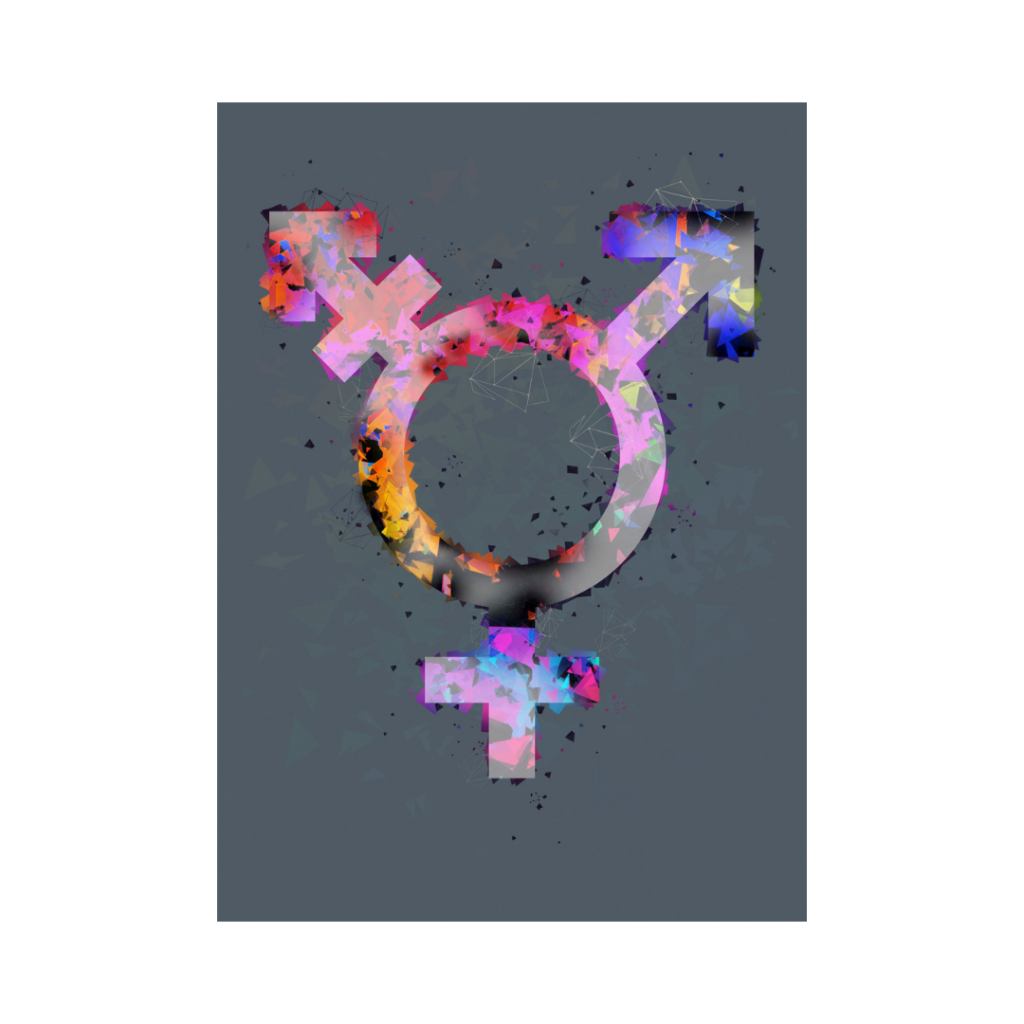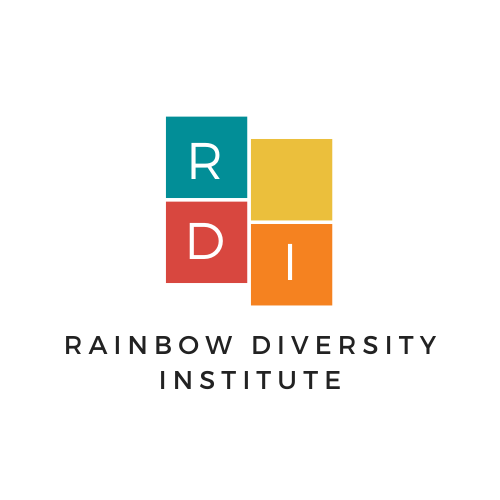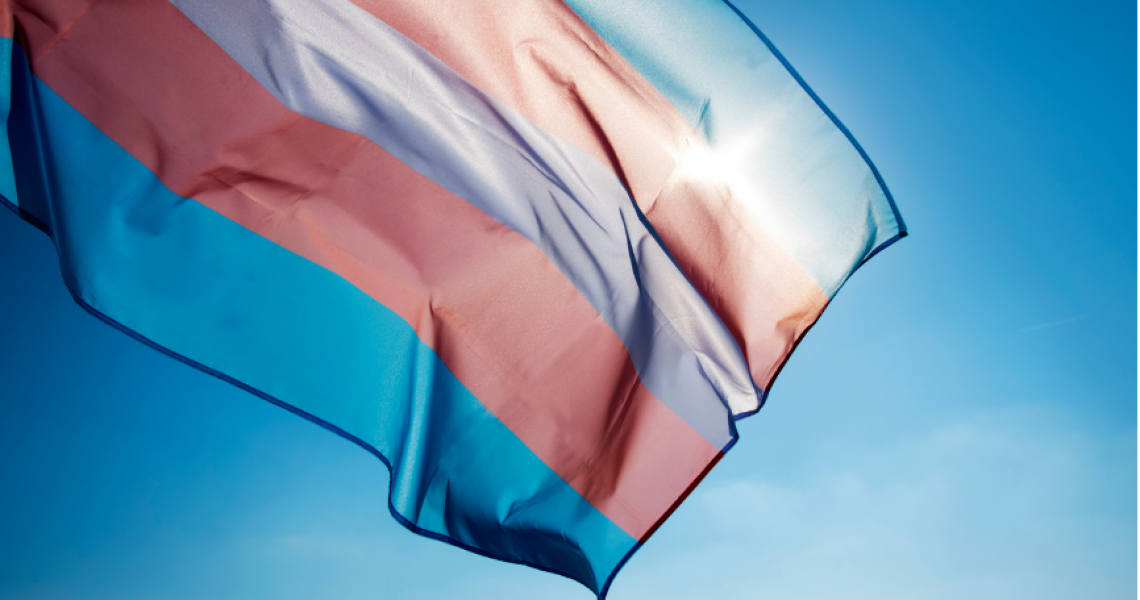Author: Malissa Bryan (she/they), M.A, PhD student
Today November 20th is Trans Day of Remembrance (#TDoR).
Trans Day of Remembrance is held in November in honour of Rita Hester, a Black transgender woman murdered on November 28th, 1998. A candlelight vigil in 1999 in San Francisco was held in her name.
Today we remember all the Trans people who have died from anti-Trans violence. As a person who lives under the Trans umbrella, I have searched for community and have heard the names of Trans people shouted and cried out by those left behind to grieve. But, unfortunately, violence against Trans people continues to grow.
Trans Day of Remembrance is not just about reflecting on violence against Trans people of the past but actively standing against transphobia and other forms of hate that continue to rip through Trans communities.
Through my work with employers, communities, and families, I work on many projects focused on gender-inclusive washrooms, pronouns, and name change processes. These are important steps, but we must take a stand against all forms of Trans exclusion and hate in any form it shows up.
Today I remember and honour all Trans people who have experienced violence, rejection, or hate. I reflect on the intersecting experiences of racialized Trans people, and I honour all those who have come before me.
Tips For Allies & Accomplices

Verbal violence is violence:
Speak up and interrupt harmful jokes about Trans* people, insults, or false narratives that group all experiences of Trans people into one.
Never ask a transgender person for their “real name“
A person’s real name is the name that they provide you. The same goes for trans people, with the added layer that for some, not all, trans people, any reference or association to their birth name can bring up feelings of anxiety, pain, or harmful memories. Therefore, never share a name that a trans person is no longer using without their clear consent.
Further, do not disclose a transgender person’s gender history. This is quite personal information, and although some trans people are willing to share, not everyone is, and it should be left up to people to decide what parts of their history if any, they would like to share. Remember that anti-trans violence is a very real threat for trans people, and outing someone can put them at risk for violence.
Be Inclusive of the T in LGBTQ+
Although trans people are included in the acronym, recognize that trans people’s experiences of gender are not the same as lesbian, gay and bi experiences of sexuality. It is important not to make assumptions about a trans person’s sexuality as a trans person can have any intersecting identity. For example, a person can be trans and lesbian, so it is best not to assume anyone’s other identities and recognize you cannot guess by looking at how someone dresses, acts, or their overall gender presentation.
Respect Pronouns
Learn as much as you can about pronouns, but do NOT guess if you do not know a trans person’s pronouns. Instead, wait and listen to hear what pronouns they use to describe themselves. You can also introduce yourself and your pronouns and ask for their introduction or use the person’s name to replace the pronouns. If you accidentally use the wrong pronoun, apologize briefly and use the correct pronoun and move on.
There are Many Ways to Transition
There are countless ways to transition; some folks use medical support such as surgery and hormones, while others do not wish to receive any medical changes. Regardless of the route chosen and the physical changes seen, Trans people are valid in their identities. Still, there are other trans people who want to have medical support but can’t due to financial and or social barriers accessing medical services. Therefore, there is no one way to be trans and trans identity is not dependent on medical care.
Use Trans Inclusive Vocabulary
In meetings, social settings, the office, classrooms use trans-inclusive language. Avoid terminology that only speaks to the gender binary men and women, such as ‘boys and girls,’ ‘ladies and gentlemen,’ and the dreaded ‘Sir and Madam.’ Instead, use terms such as people, person, folks, participants etc., as these terms do not make assumptions of gender.
My dream is to one day live in a world where Transphobia is something people read about in history books and not experience.
This Trans Day of Remembrance, stand up and speak out against transphobia and keep it going all year round.
We’re here to help support your EDI journey.

